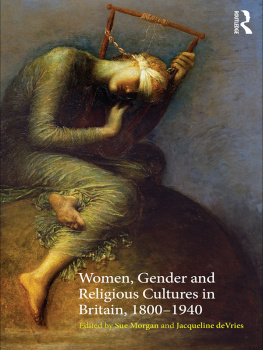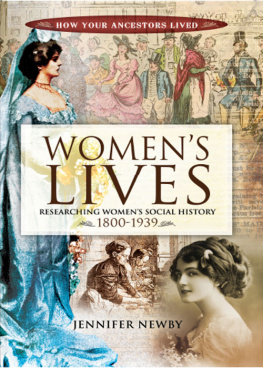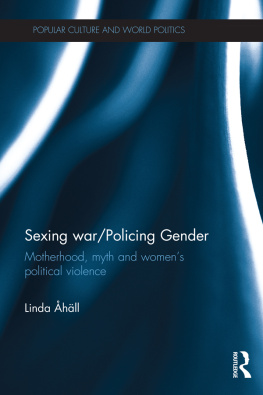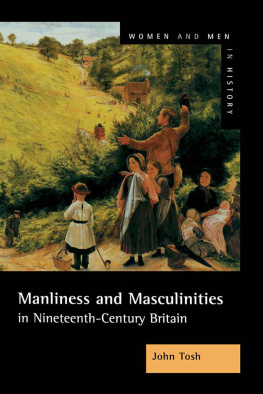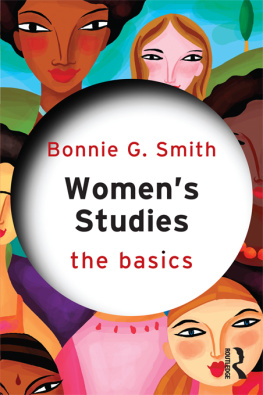Linda Mahood - Policing Gender, Class and Family in Britain, 1800-1945
Here you can read online Linda Mahood - Policing Gender, Class and Family in Britain, 1800-1945 full text of the book (entire story) in english for free. Download pdf and epub, get meaning, cover and reviews about this ebook. year: 2005, publisher: Routledge, genre: Politics. Description of the work, (preface) as well as reviews are available. Best literature library LitArk.com created for fans of good reading and offers a wide selection of genres:
Romance novel
Science fiction
Adventure
Detective
Science
History
Home and family
Prose
Art
Politics
Computer
Non-fiction
Religion
Business
Children
Humor
Choose a favorite category and find really read worthwhile books. Enjoy immersion in the world of imagination, feel the emotions of the characters or learn something new for yourself, make an fascinating discovery.

- Book:Policing Gender, Class and Family in Britain, 1800-1945
- Author:
- Publisher:Routledge
- Genre:
- Year:2005
- Rating:3 / 5
- Favourites:Add to favourites
- Your mark:
- 60
- 1
- 2
- 3
- 4
- 5
Policing Gender, Class and Family in Britain, 1800-1945: summary, description and annotation
We offer to read an annotation, description, summary or preface (depends on what the author of the book "Policing Gender, Class and Family in Britain, 1800-1945" wrote himself). If you haven't found the necessary information about the book — write in the comments, we will try to find it.
Linda Mahood: author's other books
Who wrote Policing Gender, Class and Family in Britain, 1800-1945? Find out the surname, the name of the author of the book and a list of all author's works by series.
Policing Gender, Class and Family in Britain, 1800-1945 — read online for free the complete book (whole text) full work
Below is the text of the book, divided by pages. System saving the place of the last page read, allows you to conveniently read the book "Policing Gender, Class and Family in Britain, 1800-1945" online for free, without having to search again every time where you left off. Put a bookmark, and you can go to the page where you finished reading at any time.
Font size:
Interval:
Bookmark:

General Editor
June Purvis
Professor of Sociology, University of Portsmouth
Published
Carol Dyhouse
No distinction of sex? Women in British universities, 18701939
Bridget Hill
Women, work and sexual politics in eighteenth-century England
Linda Mahood
Policing gender, class & family: Britain, 18501940
June Purvis (editor)
Womens history: Britain, 18501945
Forthcoming
Lynn Abrams and Elizabeth Harvey (editors)
Gender relations in German history
Shani DCruze
Sex, violence and working women in Victorian and Edwardian England
jay Dixon
The romantic fiction of Mills & Boon, 190995
Ralph Gibson
Women, faith and liberation: female religious orders in
nineteenthcentury France
Wendy Webster
Women in the 1950s
Barbara Winslow
Sylvia Pankhurst: a political biography
family
University of Guelph

No reproduction without permission.
2 Park Square, Milton Park, Abingdon, Oxon, OX14 4RN
711 Third Avenue, New York, NY 10017, USA
by Routledge with the consent of the owner.
A catalogue record for this book is available from the British Library.
The publisher has gone to great lengths to ensure the quality of this reprint but points out that some imperfections in the original may be apparent
Douglas Rupert Mahood
Nancy Mahood (190489)
University of Guelph, Canada
The genesis of the social
Font size:
Interval:
Bookmark:
Similar books «Policing Gender, Class and Family in Britain, 1800-1945»
Look at similar books to Policing Gender, Class and Family in Britain, 1800-1945. We have selected literature similar in name and meaning in the hope of providing readers with more options to find new, interesting, not yet read works.
Discussion, reviews of the book Policing Gender, Class and Family in Britain, 1800-1945 and just readers' own opinions. Leave your comments, write what you think about the work, its meaning or the main characters. Specify what exactly you liked and what you didn't like, and why you think so.

